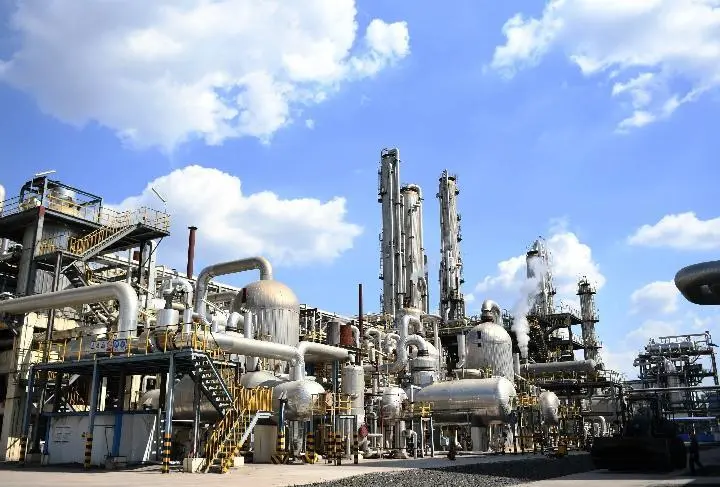“Local production of chemicals is very important. If Pakistan can establish a good chemical industry, build cracking plants and produce the chemicals locally from indigenous resources, our imports will be greatly reduced,” said Raza Shah, senior professor of H.E.J. Research Institute Of Chemistry. Chemicals are essential for all industries and every walk of life. However, Pakistan’s chemical sector is mostly dependent on imports and at a very initial stage.
The chemical industry necessitates a high level of expertise, but Pakistani graduates have had little exposure to it. To address the skilled worker shortage, it is critical to strengthen collaboration between industry and academia in this sector. “Our organization specializes in chemical research, and possesses state-of-the-art facilities. Private sector currently lacks access to these resources. With the collaboration of private industries and academic institutions, the chemical manufacturing sector in Pakistan can flourish.” Raza Shah said.
China is currently a world leader in terms of the chemical industry, and it saw a significant increase in investment and exports last year. Raza Shah said China has emphasised the advancement of the cracking industry, which produces chemicals necessary for various applications, such as soap, dye, leather, textiles and cement. “China now sells its chemical products globally. Pakistan enterprises can cooperate with China in this sector to develop their own cracking industries.” He added.
Pakistan’s chemical industry can also benefit from China-Pakistan Economic Corridor(CPEC) when the 4 special economic zones(SEZs) are constructed. “There will be separate areas for chemical industry to produce chemicals for the main industries,” noted Amir Qaiser, representative of Chemical Linkers Pakistan Beijing office. “We can also export chemicals from there. Pakistan has abundant raw materials for chemicals, so it can be a very potential industry.”

















